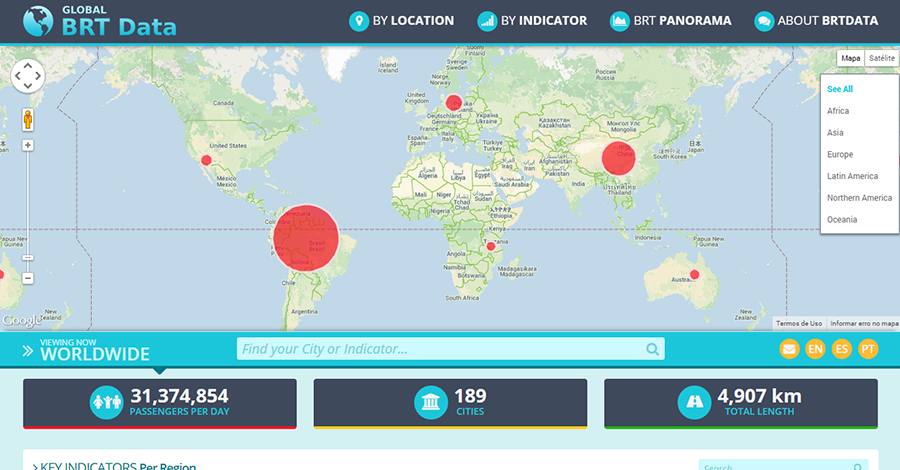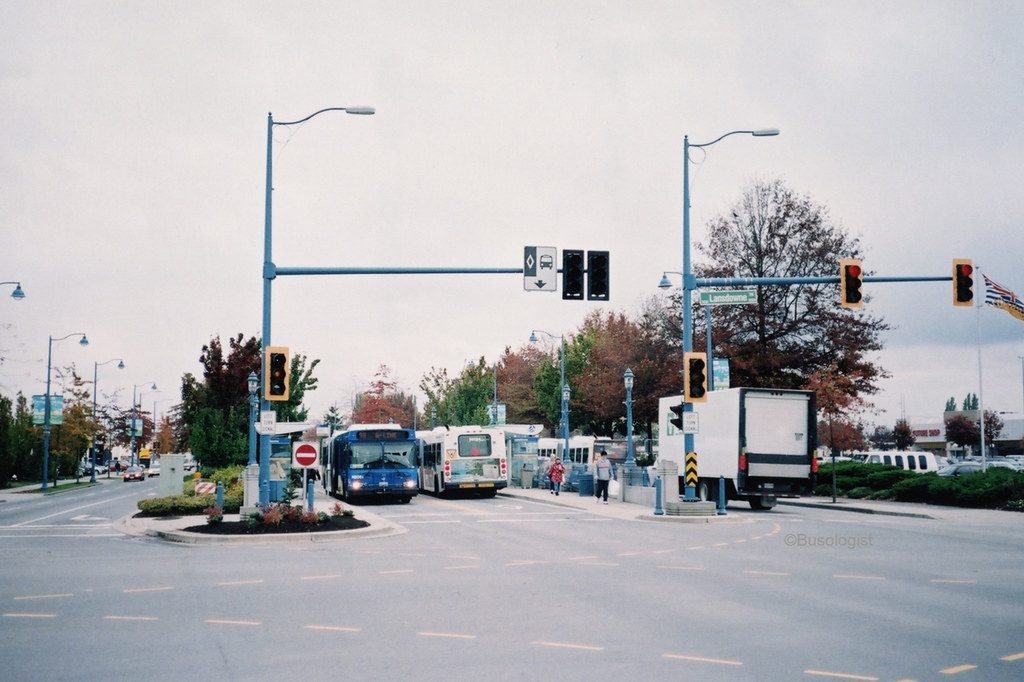ChazYEG
Senior Member
The arrogance exhaling from this sentence comes with such a putrid smell...third world countries where the choices are slimmer.
|
|
|
The arrogance exhaling from this sentence comes with such a putrid smell...third world countries where the choices are slimmer.
Me too ... BRT in CDMX is amazing. 1,240,000 people a day ride Metrobus the BRT. I have been on many of the routes and many times.That's debatable... I've been to plenty of places where it's well regarded.

This^BRT's are often deployed by cash strapped governments looking to improve their transit quickly and on a budget, sure rail transit is preferable but we shouldn't discount the validity and usefulness of a system just because it isn't necessarily the flashiest and most efficient possible mode. The City doesn't have unlimited funds either. This is a great semi-temporary solution as well. BRT can be converted to LRT down the line much more easily since you've already procured the ROW. Edmonton is a region of almost 1.5 million people that are very spread out, we can't serve everyone with LRT immediately. The rapid transit network needs to grow RAPIDLY, much more rapidly than it is right now and BRT provides a cheaper and faster way of getting that done. It's not perfect, and many of these lines will need to be replaced by LRT or Metro later down the line, but the system needs to grow now and grow quickly, BRT is the best way to do that.
Calgary is third world? They've built BRT and LRT? They are still building LRT.Not so much -- except in third world countries where the choices are slimmer.
Poorly built BRT lines do. If built properly, they break neighborhoods no more than an LRT line would.BRT lines break up neighborhoods in more ways than one.


Okay, as per current discussion on this thread assumes a BRT down Whyte Avenue from Bonnie Doon to UofA. To be an effective BRT route through the area that is most congested (say Whyte from 100th Street to 109th Street -- the very area in this pedestrian-oriented urban scene where we have "scramble" cross-walks and people who like to explore both sides of the avenue. Do you give priority to buses blasting through at top speed and therefore unhinge all cross-walk potential from an approaching bus that is 5 bocks away or do you give priority to the pedestrian and slow the buses down to a stop to let pedestrians have the right of way. And does the Bonnie Doon shopping area become a park-'n-ride location for motorists who wish to leave their car there while they do their UofA business -- I think Morguard might have something to say about that (same is true for a Sherwood Park location if BRT is envisioned going that far).Poorly built BRT lines do. If built properly, they break neighborhoods no more than an LRT line would.
 www.google.com
www.google.com




